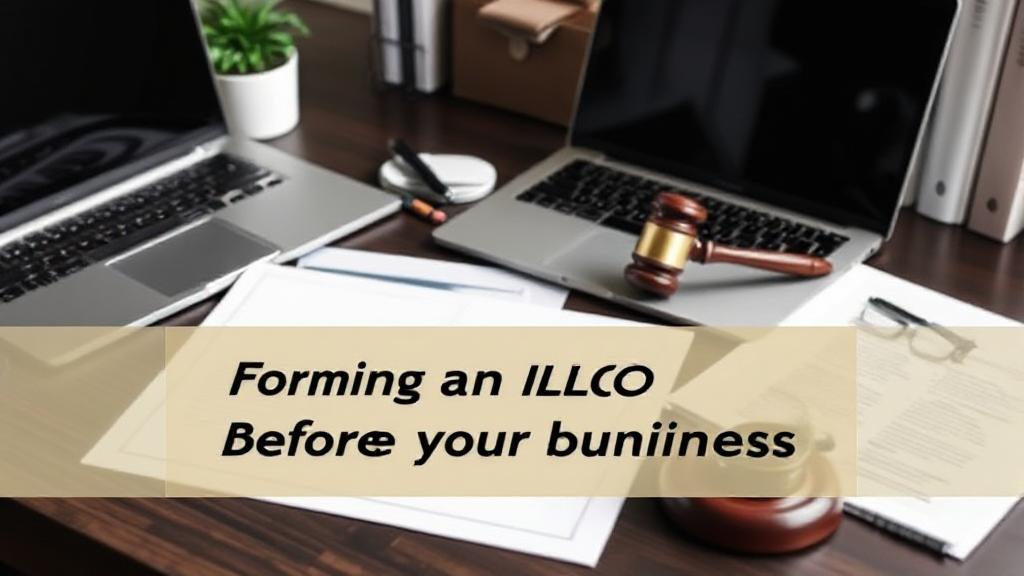What is an LLC?
A Limited Liability Company (LLC) is a hybrid business structure that combines the liability protection of a corporation with the tax benefits and operational flexibility of a partnership. It is a popular choice for small to medium-sized businesses due to its simplicity and effectiveness.
Personal Asset Protection
The primary benefit of forming an LLC is the personal liability protection it provides. When you operate as an LLC, your personal assets are protected from business debts and lawsuits, including your:
- Home
- Personal vehicles
- Savings accounts
- Retirement funds
- Personal belongings
This separation between personal and business assets is often called the "corporate veil."
Tax Advantages
Pass-Through Taxation
One of the most attractive features of an LLC is its tax flexibility. By default, LLCs enjoy pass-through taxation, meaning profits and losses pass through to the owners' personal tax returns, avoiding double taxation that corporations face.
Tax Election Options
LLCs can choose to be taxed as:
- Sole proprietorship (single-member LLC)
- Partnership (multi-member LLC)
- S-Corporation
- C-Corporation
Enhanced Credibility and Professionalism
Forming an LLC adds legitimacy to your business in several ways:
- Professional appearance to customers and partners
- Increased trust from vendors and suppliers
- Greater appeal to potential investors
- More attractive to potential employees
Management and Operational Flexibility
LLCs offer significant flexibility in terms of management and operations. Members can choose to manage the company themselves or appoint managers to handle day-to-day operations. Unlike corporations, LLCs have:
- Less paperwork
- Fewer recordkeeping requirements
- More flexible management structures
- Simpler operational procedures
Easy Formation and Maintenance
Most states have streamlined the LLC formation process. You can often complete the process online through your state's Secretary of State website. Annual maintenance typically involves:
Business Banking and Financial Benefits
Having an LLC makes it easier to:
- Open business bank accounts
- Establish business credit
- Obtain business loans
- Accept credit card payments
Perpetual Existence
Unlike sole proprietorships, LLCs can continue operating regardless of ownership changes, providing stability and longevity for your business.
Important Considerations
Costs to Consider
- State filing fees
- Registered agent fees
- Annual report fees
- Legal consultation fees
- Accounting services
Timing Matters
Form your LLC before:
- Signing contracts
- Accepting money from customers
- Hiring employees
- Signing commercial leases
- Taking on business debt
Remember to consult with legal and tax professionals to ensure an LLC is the right choice for your specific business situation and to properly maintain your corporate veil protection. For more information on forming an LLC, visit the Small Business Administration website or consult resources like Nolo's guide to forming an LLC.
